EERA Blog
European Educational
Research Association
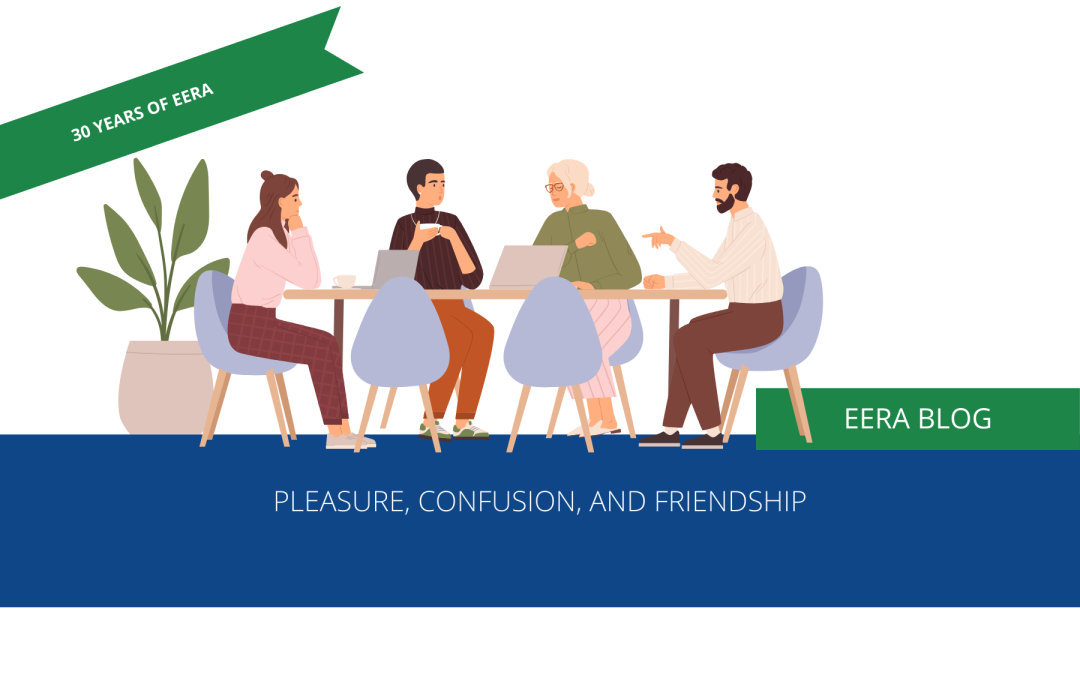
Pleasure, confusion, and friendship – 30 years of EERA
EERA’s first Secretary General and founding editor of the EERJ, Professor Martin Lawn, looks back at the sometimes rocky road of EERA, the developments into the organisation it is today, and considers where the journey should go next.
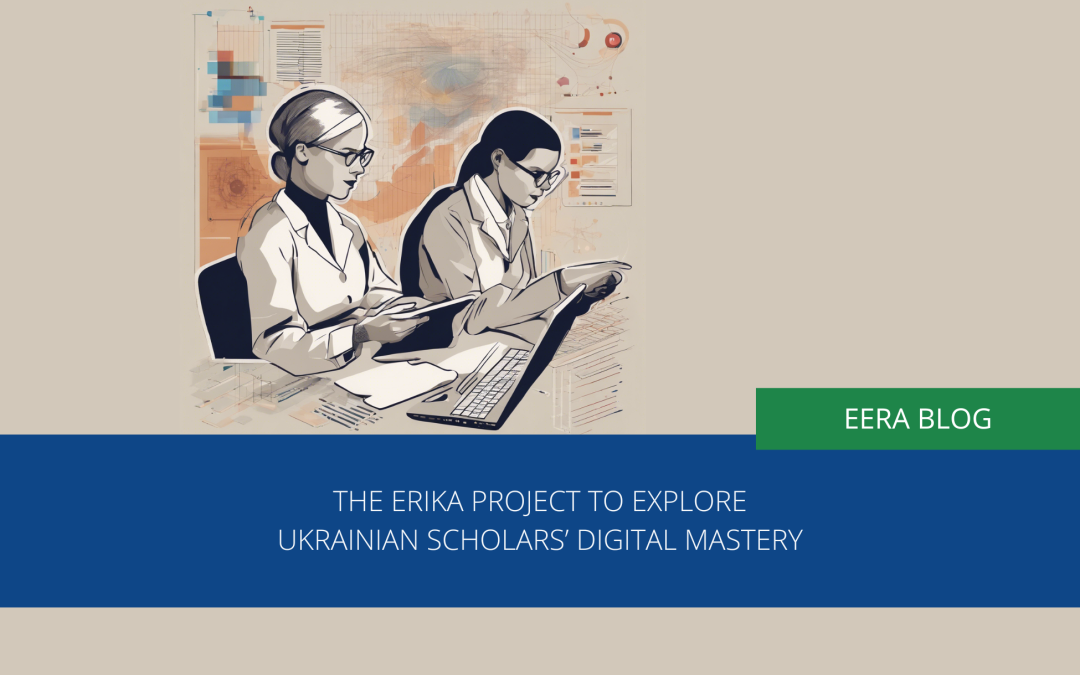
The ERIKA Project to explore Ukrainian scholars’ digital mastery
The Ukranian Educational Research Organisation presents the ERIKA Project, an investigation into the digital competencies of researchers, and advocates for urgent action to address the identified skill gaps.
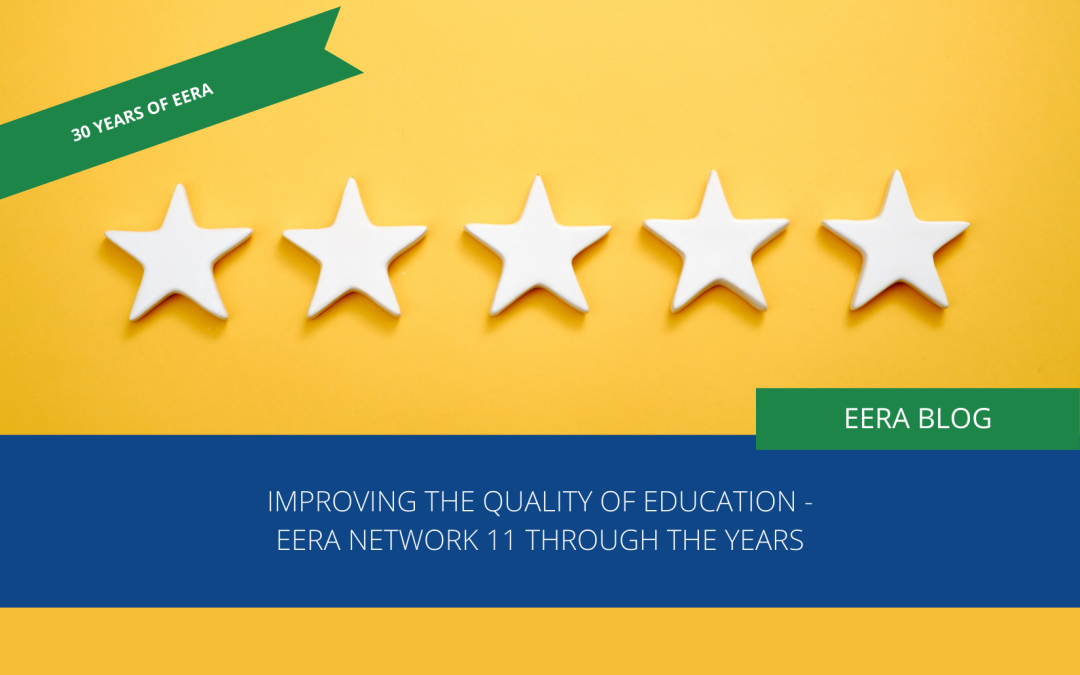
Improving the quality of education – EERA Network 11 through the years
To celebrate EERA’s 30th anniversary, Dr Gento takes a look at the activities of Network 11 to improve the quality of education, within EERA and in the wider educational research community.
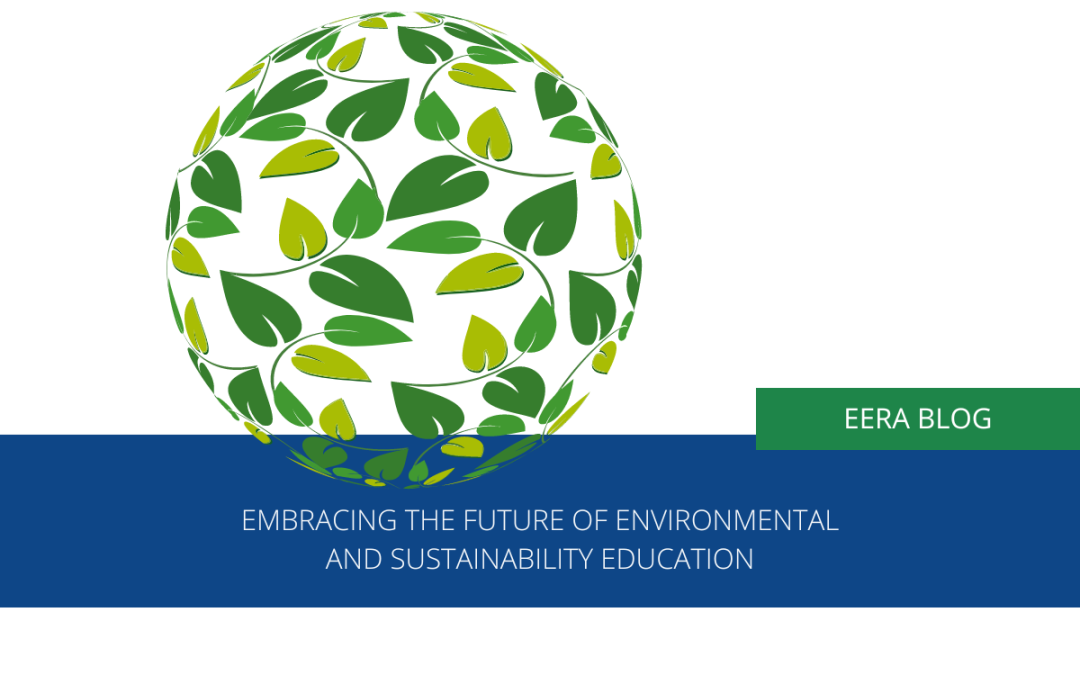
Embracing the Future of Environmental and Sustainability Education: Perspectives from Emerging Researchers
At ECER 2023 in Glasgow, researchers from Network 30 explored the future of environmental and sustainability education, highlighting the importance of crossing boundaries in academia and society.
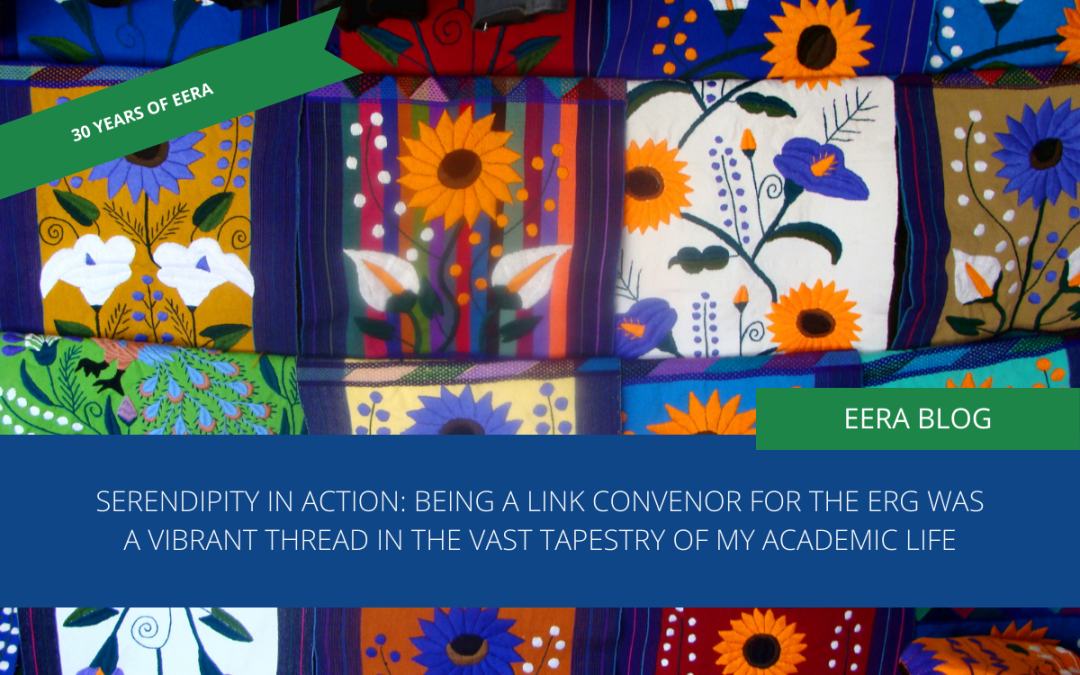
Serendipity in Action: Being a link convenor for the ERG was a vibrant thread in the vast tapestry of my academic life
For the 30th anniversary celebrations of EERA, Dr Patricia Fidalgo reflects on her time as Link Convenor of the Emerging Researchers’ Group, and the joy this fulfilling role brought her.
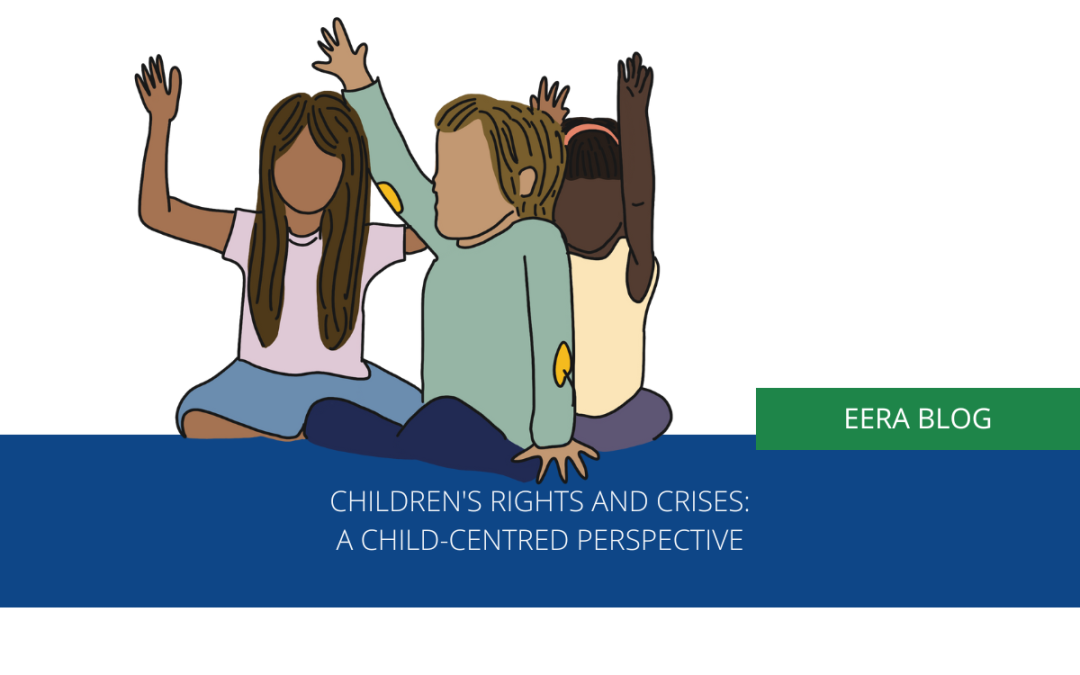
Children’s Rights and Crises: A Child-centred Perspective
Research shows that post-crisis interventions for children are often ineffective, or suffer from a high drop-off rate. Could a switch from adult-centric to more child-centric crisis response mitigate damaging impacts on children?
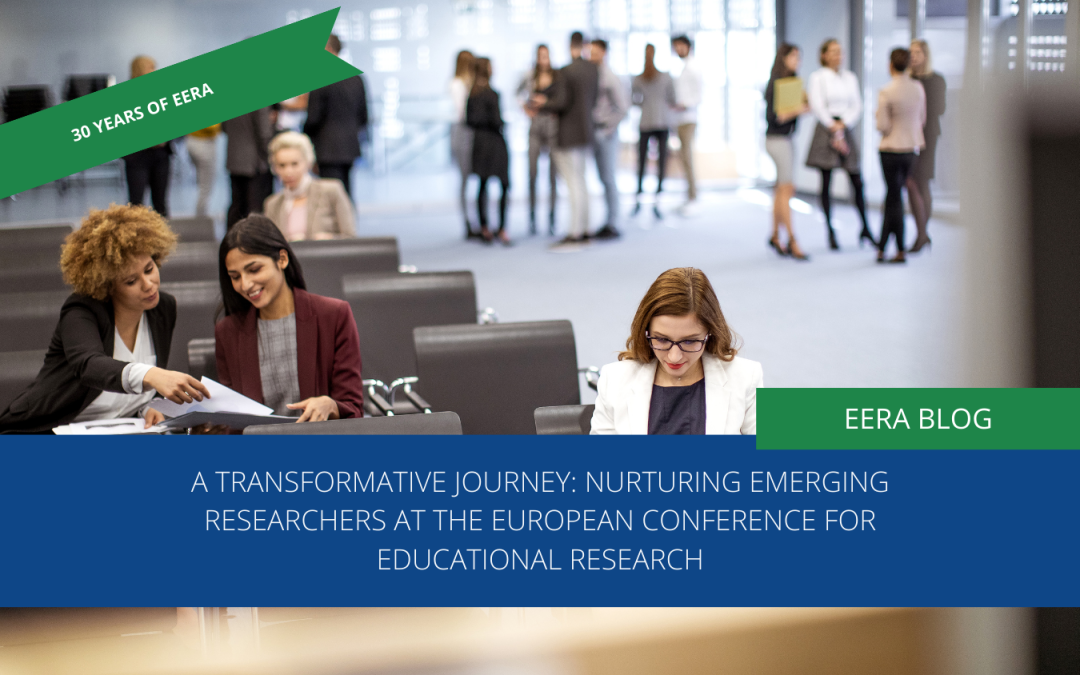
A Transformative Journey: Nurturing Emerging Researchers at the European Conference for Educational Research.
In our blog series celebrating 30 years of EERA, Professor Fiona Hallett reflects on the sense of belonging within a supportive community of scholars.
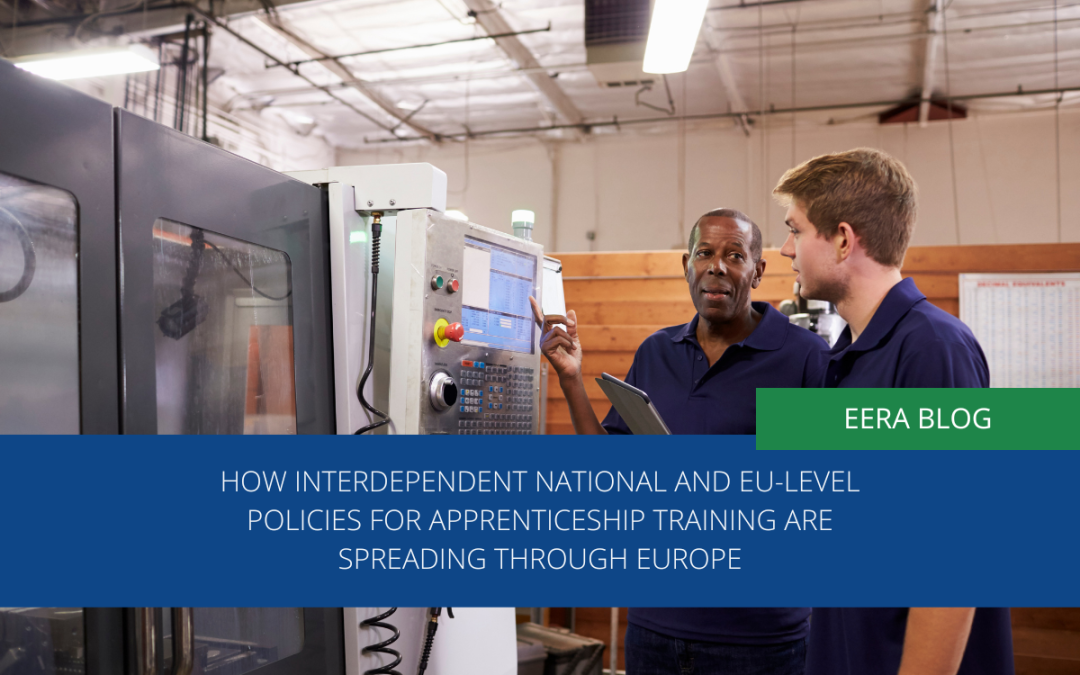
How interdependent national and EU-level policies for apprenticeship training are spreading through Europe
How the European Alliance for Apprenticeships (EAfA) and the German Alliance for Initial and Further Training are shaping other EU states’ VET policies.
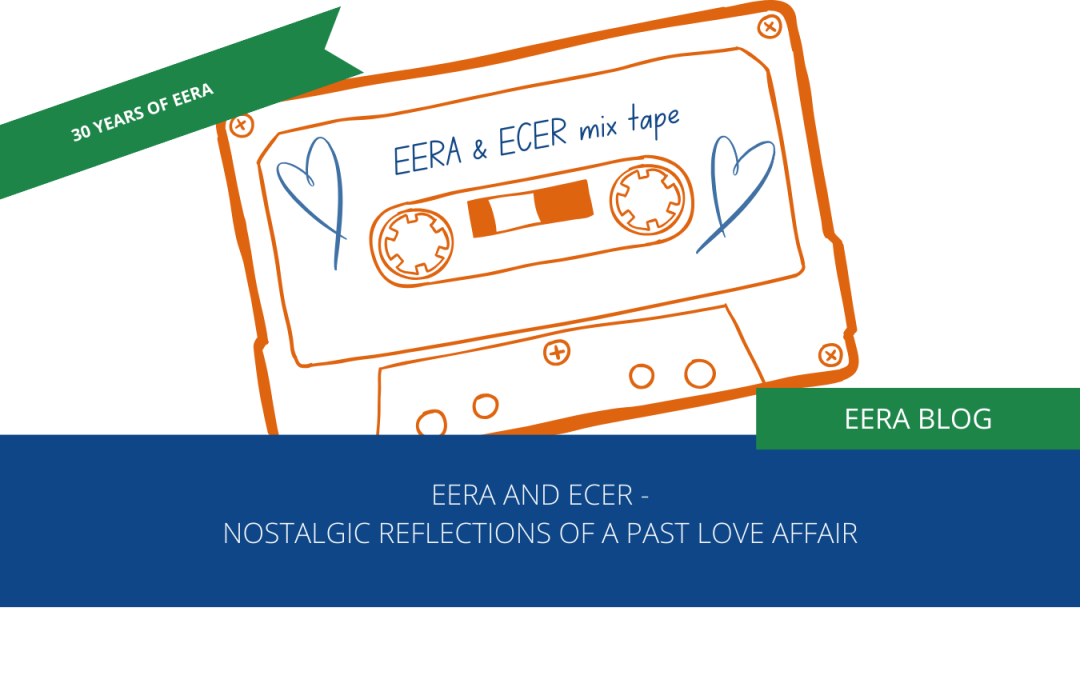
EERA and ECER – nostalgic reflections of a past love affair
In this blog post, Dr Peter Gray takes a rather light-hearted yet nostalgic look back over the meetings and encounters of EERA and ECER, and wonders whether the spark of a past love affair can be rekindled.
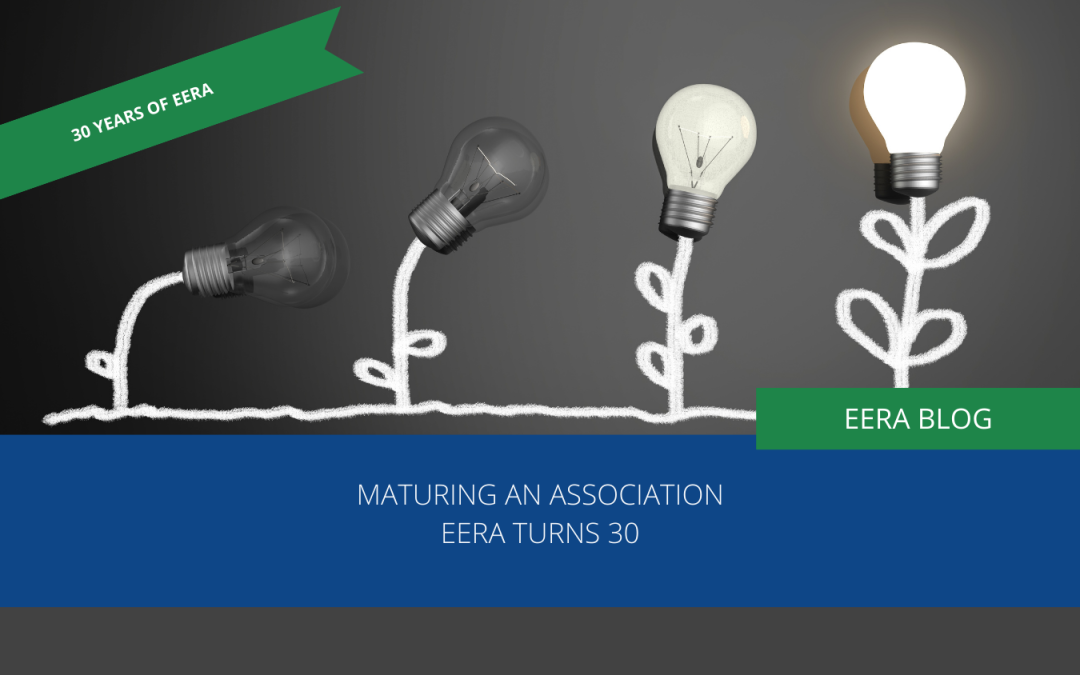
Maturing an association – EERA turns 30
For our series on 30 years of EERA, Associate Professor Emeritus Lejf Moos reflects on his involvement in EERA and ECER, and his time as EERA President from 2009 to 2014.
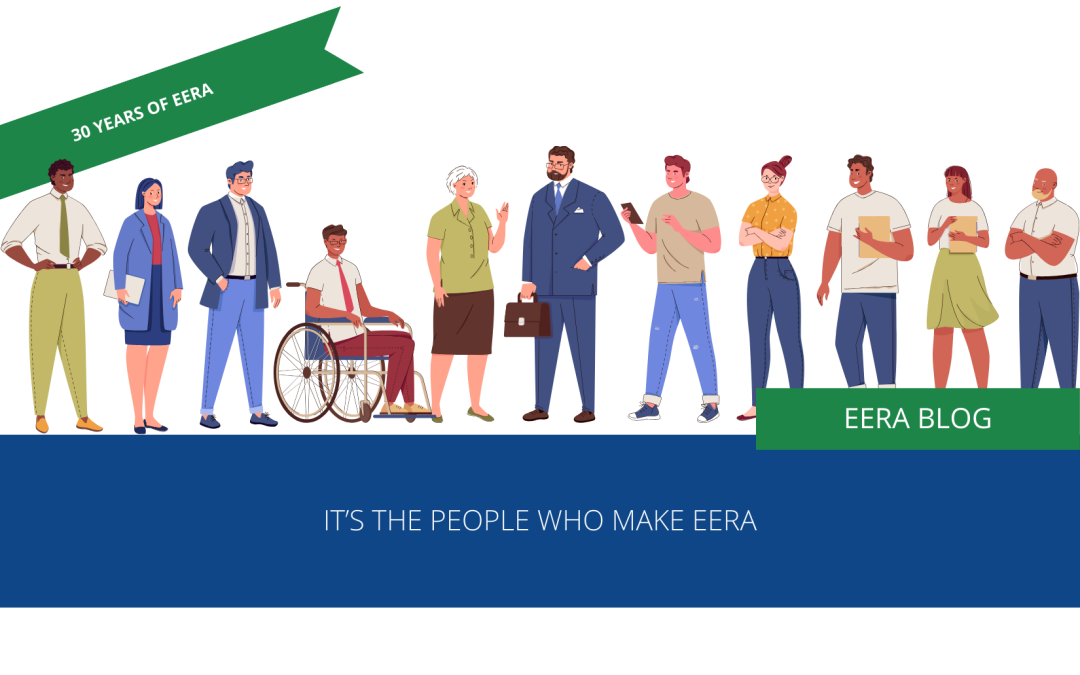
30 years of EERA – It’s the people who make EERA
For our series on the 30th anniversary of EERA, Dr Jani Ursin, reflects on his experiences as a Networks’ Representative on the EERA council, and the inclusive community of researchers he has engaged with over the years. #30YearsEERA #EdSci
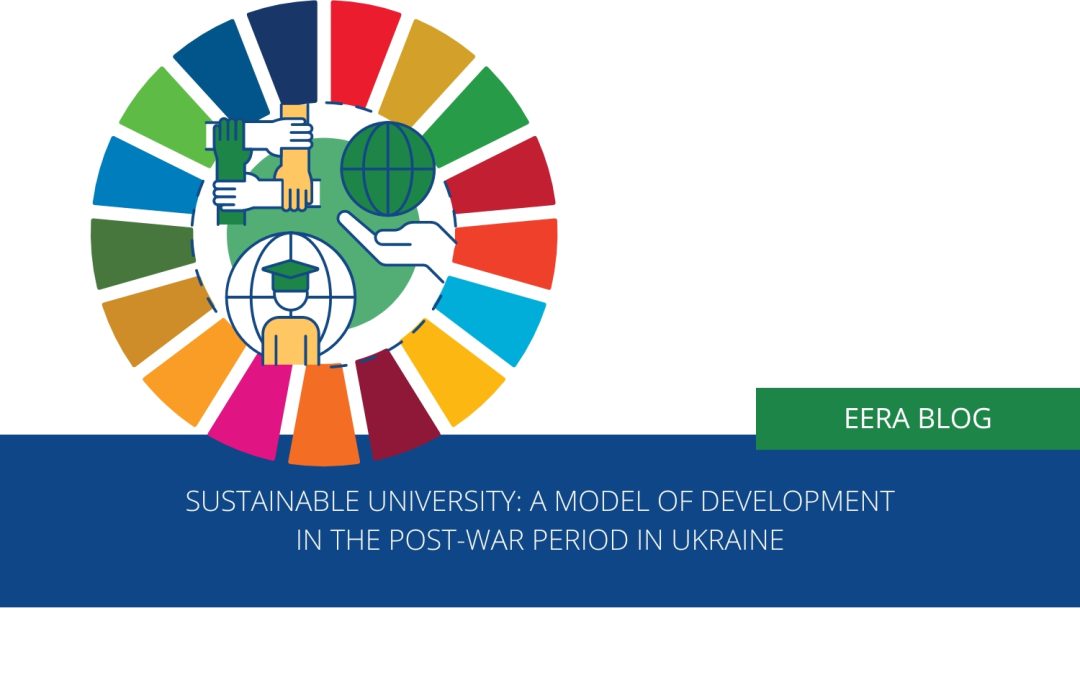
Sustainable university: A model of development in post-war Ukraine
Higher education institutions are more than a place for obtaining knowledge and competencies; they are the centres for accumulating the country’s intellectual capital, they are the research and training hubs, and they are the agents of sustainable changes in society. Dr Iryna Didenko and Dr Nataliia Kholiavko on a sustainable development model for universities in post-war Ukraine.
Write for the EERA Blog
If you’d like to contribute to the EERA blog, take a look at our Submission Guidelines to find out how to successfully pitch a blog post to our Editorial Team. Then send us a quick email to blog-mail@eera.eu
We look forward to hearing from you
